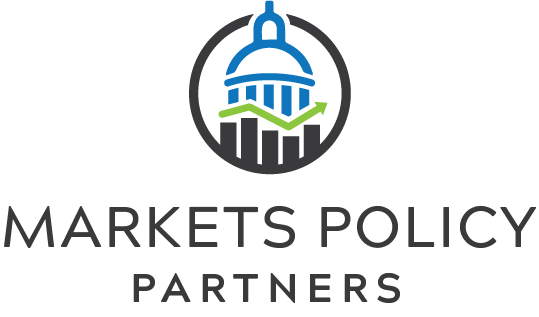Summary and Price Action Rundown
Global risk assets are attempting to stage a rebound after two days of generally downside price action which followed a dovish Fed meeting and mixed US economic data. S&P 500 futures indicate a 0.1% higher open after the index lost 0.8% yesterday, paring its year-to-date gain to 3.9%, which is 6.3% below early September’s record high. The tech-heavy Nasdaq declined over 1% for a second consecutive session yesterday, shaving its robust year-to-date gains to 21.6%. Equities in the EU and Asia were mostly higher overnight. A broad dollar index is finding support near its recent 28-month low, while longer-dated Treasury yields are slipping lower, with the 10-year yield at 0.67%. Brent crude prices are hovering above $43 per barrel.
Capitol Hill Moves Forward on Spending Deal but Stimulus Package Remains in Limbo
Reports indicate that a bipartisan agreement on a government funding plan to avert a shutdown at month-end is nearly complete, though the parties remain at loggerheads over the pandemic relief bill despite this week’s renewed efforts at a compromise. Headlines overnight indicate that Congressional lawmakers are in the process of finalizing a deal, likely to be announced sometime later today, that will extend authorization to fund the government into mid-December. The news has suggested that Democrats had pushed for a longer Continuing Resolution (CR), into next year, but under the circumstances, ahead of an election and during a pandemic, there has been little apparent appetite on either side for brinksmanship over this issue. Two weeks ago, House Speaker Pelosi and Treasury Secretary Mnuchin jointly pledged their intention to seek a clean CR and not muddy the negotiations by attempting to append pandemic relief measures onto the bill. This leaves the pandemic relief negotiations still in limbo, though this week featured some progress in the form of a $1.5 trillion compromise proposal from the Problem Solvers Caucus, a bipartisan group in the House, which has drawn support from President Trump and other senior White House officials, though Congressional Democrats and Republicans have expressed wariness and dissatisfaction with the split-the-difference approach of the centrists.
Focus on Fed Policy Shifts to Bank Oversight
After Wednesday’s historically dovish FOMC decision drew a mixed reaction from analysts and a muted response in financial markets, market participants are now pondering the Fed’s next move on bank dividends and share buybacks. In late June, the Fed released its Stress Test results for the “Too Big to Fail” banks in the US, which issued all passing grades but called on banks to halt share buybacks and put dividends under review on a bank-by-bank basis, based on strength of capital in a severely adverse economic situation caused by the coronavirus. In that case, Well Fargo was a standout underperformer. Now, the Fed is embarking on another stress test exercise, having released its two highly adverse scenarios yesterday against which banks will evaluate the resiliency of their balance sheets. Specifically, one of the hypotheticals features a global financial market shock and the other posits a less acute but longer lasting economic dislocation. Results will be published by the end of the year. The Fed is also pondering extension of the restrictions it announced in June on bank stock buybacks and dividend payouts, which have drawn significant interest from lawmakers and are set to lapse at month-end. Financials have been among the worst performing US equity sectors this year, with an ETF of major bank stocks languishing at -32.4% year-to-date performance versus a gain of 3.9% for the broader S&P 500 and 64.9% upside for a basket of leading tech stocks. However, dismal stock performance has not been linked to credit stress, with market-based gauges of financial sector creditworthiness at placid and favorable levels.
Additional Themes
Trump to Decide on TikTok – Amid indications that Beijing will accept the current formulation of the deal between Chinese parent ByteDance and US tech giant Oracle, which would result in the creation of a new US entity, President Trump has indicated that he will issue his decision within the coming day. He expressed some reservations about Oracle’s status as a minority shareholder in the new US entity.
Looking Ahead – Next week’s calendar of events is sparser than the past couple of weeks, which were packed with meetings of major central banks and OPEC, alongside much consequential data. The focus will be on preliminary global purchasing managers’ indexes (PMIs) for the US, EU, Japan, and UK for September, some of the first mainstream data readings to give insights on the pace of activity in the current month. Notable US economic releases also include durable goods orders and new and existing home sales for August, along with another weekly jobless claims tally. From overseas, China’s central bank decision and EU consumer and business climate survey data will be in focus.
